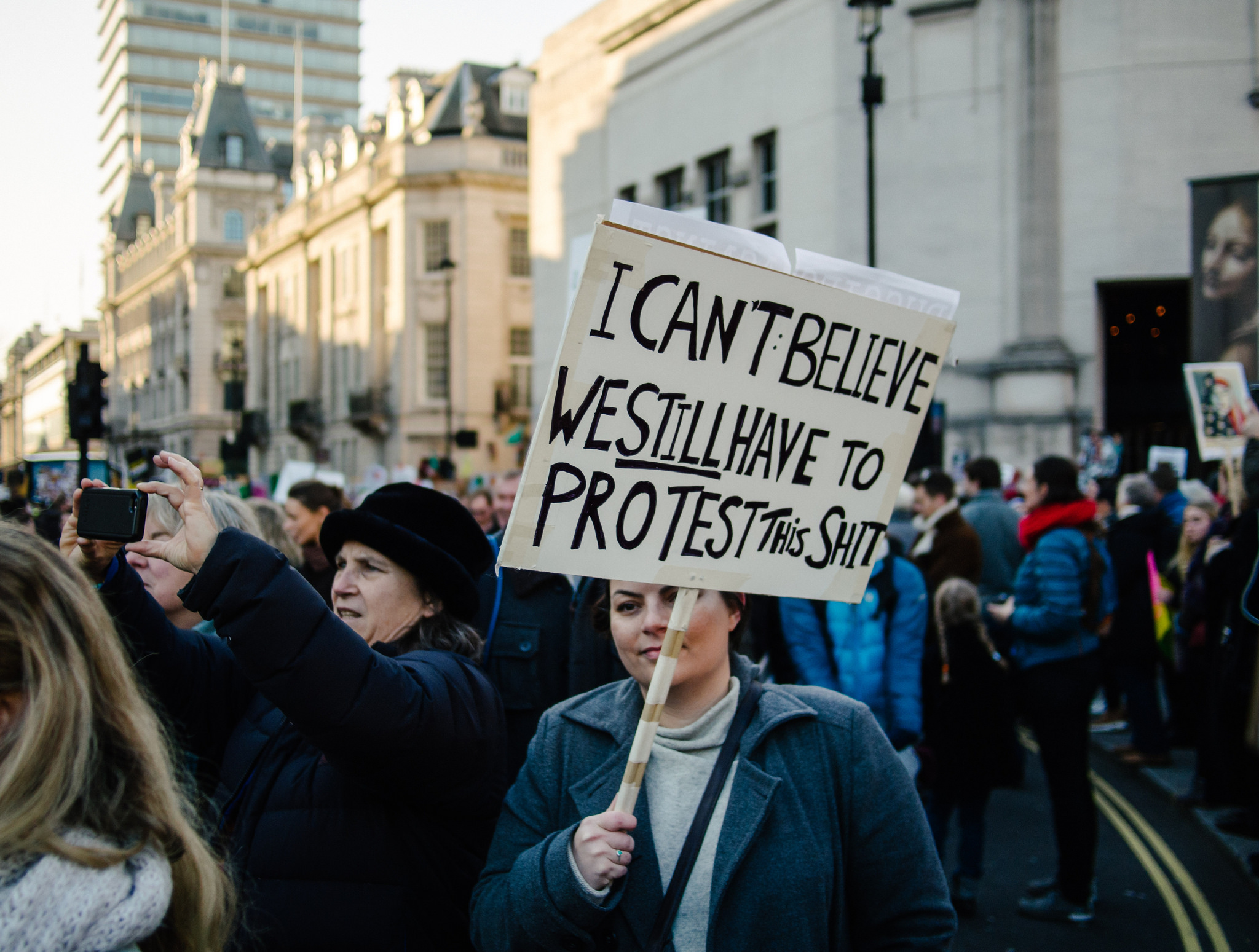I’d like you to indulge in a thought experiment.
Imagine, if you will, actually heeding the voices of people from marginalised communities when they warn you about things. Not dismissing them, not nodding and smiling but doing nothing, but actually weighing and considering their voices, and taking action on the basis of their thoughts and advice. If those in positions of power did, maybe they wouldn’t routinely find themselves flailing when confronted with the rise of authoritarian politicians, ungovernable social media platforms, and the host of other problems that come with living in the modern world.
Imagine, for a moment, that perhaps they know something you don’t, that centuries of oppression have gifted them with finely-tuned bullshit detectors, incredibly sharp skills when it comes to identifying clear and present dangers, a hard-won self-preservation instinct that never fully turns off. Not in boardrooms or dark alleys or at the lakeshore while barbecuing on a sunny day. They know that a threat can come from anywhere, that it pays to be prepared.
For them, seeing their worst predictions come true may be a moment of ‘I told you so,’ but they take no joy in it. There’s nothing to celebrate when seeing an easily-avoidable horrific outcome, only a sense of deja vu, because they have been through this before, time and time again, so often that warning people to save themselves begins to feel entirely fruitless.
Let’s talk about Roseanne Barr and Roseanne. The original run of her show was homophobic, racist, transphobic, and disablist. Her attitudes as seen on display in Twitter and interviews made it very clear that this was who she was, that her ‘character’ was a cartoon version of herself. She didn’t hide these elements of her personality, instead making it clear that they were an important and perhaps even integral part of who she was; she was a caricature of the worst stereotypes about working class white people in the United States, and clearly thought herself both edgy and a victim of ‘political correctness.’
When ABC announced that it wanted to revive Roseanne, communities of colour shouted warnings. So did other communities, who noted that the end product of the show would likely be horrendously offensive, and that Barr would inevitably say and do hateful things in public while representing the network, making ABC look very bad. Unsurprisingly, she did, again and again, until finally the situation grew intolerable and ABC canceled the programme. All of this could have been avoided, had the network actually listened to people who know what they’re talking about when it comes to assessing figures in pop culture.
Let’s talk about Jeffrey Tambor. When he was cast in the role of a trans woman, the trans community warned that this was offensive, and spoke to deeper problems with Tambor himself as well as the decisionmakers on Transparent. Tambor went on to harass multiple trans coworkers, who spoke out yet were still ignored in the time of #MeToo, until a cis woman who worked with him on Arrested Development went public. Now, finally, he faces consequences, but had Hollywood taken action lo those many years ago when trans people raised a red flag, it never would have reached this point, one of humiliation and pain for the actress who finally raised her voice.
Let’s talk about Facebook, and how it influenced the election. Marginalized communities warned that Facebook was making biased moderation decisions, allowing hate speech to flourish while suppressing the voices of people working in resistance to things like white supremacy. The company’s own internal documents highlight that it didn’t understand how to moderate hateful content, while Zuckerberg’s handwringing over the matter comes too little, too late. These were easily preventable errors; marginalized people have successfully moderated large and complex websites and discussions and know the pitfalls to avoid, could have steered Facebook away from allowing the election to be influenced by a tidal wave of factual misinformation, scaremongering, and outright lies.
Or Twitter, which still can’t get Nazis off its platform though it routinely suspends people for doing things like telling Nazis to get out of their mentions. This issue is presented as an insurmountable obstacle, something way too challenging for the company to address, and yet marginalised people are brimming with solutions and ideas, ways to make Twitter safer and more effective — if the company will admit that the way it thinks about ‘free speech’ is deeply flawed. Hiding racists behind a ‘quality filter’ is not sufficient moderation.
Or the rise of white supremacist ideology and groups, which killed in Charlottesville and wreaked havoc in Portland. People expressing surprise at this turn of events must be willfully ignoring the clues and context around them, the voices of people calling attention to dangerous signs.
Perhaps you’re prefer to talk about Donald Trump, which is fine: Representatives of every marginalised community imaginable warned about him, from disabled people concerned about his policies to Black people who warned about his systemic racism. Who warned that he would surround himself with sycophants and toadies who would enrich themselves at the expense of taxpayers while advancing brutal policy decisions that would shape the future of communities across the US for decades.
The point is: We warned you. We are warning you. Why aren’t you listening?
Photo credit: Ravi/Creative Commons

